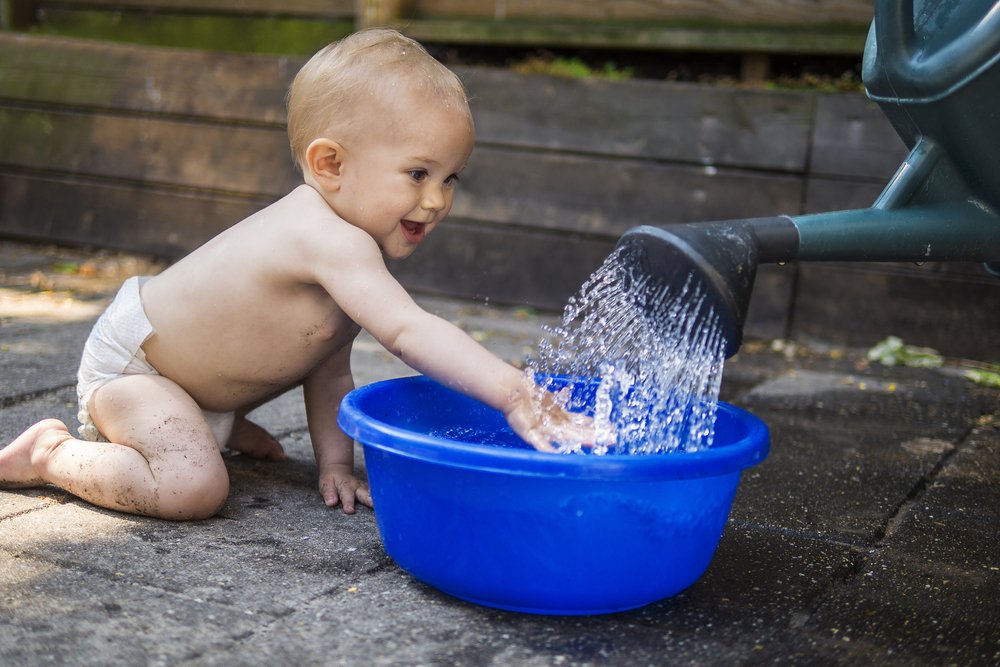Genes and environment contribute 50% each to a child’s intellectual development. This gives parents some room to step in and boost their child’s intelligence!
Key Points:
- Genes and environment each contribute 50% to a child’s intellectual development.
- Early cultivation of a child’s intelligence is best when their brain is malleable. Factors like prenatal influences, nutrition, activities, physical environment, music, and parenting style all play crucial roles in a child’s intellectual development. Nurturing, responsive caregiving, and involved parenting are key aspects of fostering a child’s intelligence.
When is the best time to start cultivating your child’s intelligence?
Early on is optimal, when the brain is malleable and while you still exert the deciding influence over your child’s environment. Curiosity, persistence, motivation, and attention can be taught early on. Evolution seems to have already favored these early years –your child is more receptive to your teaching due to their high dependence on you to meet their physical and emotional needs.
Researchers have managed to identify several specific aspects of children’s environments that will influence their intellectual development. Here are some steps parents can take to improve their child’s brain development and cognitive potential!
1. Prenatal influences
Of all environmental influences on a child’s intelligence, the prenatal experience is perhaps the most potent. A mother’s health, nutrition, environmental exposure, and emotional well-being influence the development of a fetal brain. High levels of stress hormones negatively interfere with the baby’s optimal brain development by acting directly and indirectly on their developing neurons and altering the course of pregnancy. If you are pregnant or know someone pregnant, suggest a simpler schedule, regular exercise, and the use of relaxation or other methods to maintain low stress levels.
2. Nutrition and child’s intelligence
Between the 4th month of gestation and 2 years, a baby’s brain has a heightened sensitivity to the quantity and the quality of nutrients consumed. Babies who are malnourished during this particular period show IQ and sensory-motor deficits, as well as slower language development. This happens because their brains are smaller, have fewer neurons and synapses, fewer dendrites, and less myelin than babies who are properly nourished. After birth, breast milk is the single most important nutritional choice that can serve to increase a child’s IQ. After correcting other variables such as socioeconomic differences, research has proven that 8-year-old children that reared on breast milk score around 8 points higher on IQ tests than those reared on formula.
3. Activities and physical environment
Brain development requires proper stimulation; smarter children come from homes that provide a greater opportunity to explore and play. A child’s brain also needs a variety of daily experiences. The key to effectively stimulating a child is to stay one step ahead of their habituation, which is incredibly potent. So, rotate different play materials every week or so. With just a little creativity, parents can find plenty of ways to stimulate their children without having to constantly buy new toys.
Learning happens when children create their play worlds. “Play is the major vehicle for children to learn,” Shonkoff (Harvard Professor of Child Health and Development) mentions. Children need to go outside and be exposed to different environments, see other children, and interact with other adults. However, there is a limit as to how much stimulation a child should have. Too many toys and activities can create confusion and cause the opposite effect, hampering the ability of a child to focus.
4. Music
One of the most astounding findings of early development is the effect of music. Although music has no spatial component, its pitch is converted into a spatial map by the inner ear and, thus, our brains experience music as simultaneous patterns in both space and time. A great way to stimulate spatial intelligence is through piano training. The reason that piano playing gives an extra boost to a child’s musical experience is due to the simultaneous use of finger movements, location, pitch, timing, and aesthetic feedback –all ideal for right hemisphere development. It is known that the vast majority of musicians with perfect pitch began their training at an early age (before seven). A young brain is ready for this kind of spatial-temporal training!
5. Parent/caregiver style
Activities and environment are both critical in the equation for early enrichment, but the quality of the interactions between the child and the caregiver is of paramount importance. We influence our children directly when we teach them how something works or when we reinforce behavior and curiosity through positive feedback. However, we also teach indirectly through the example we set for them every day.
Children learn daily from the simplest interactions; they learn about feelings, kindness, how to treat other people, solve problems, observe details, and remember events. Intellectual success goes beyond raw intelligence. Smart children ask questions, grow curious about the world around them, are persistent in solving problems and finding answers. All these “smart” qualities are influenced by a child’s parents.
Keys for fostering a child’s intelligence
Psychologists have unraveled key features that relate to a child’s intellectual success such as nurturing, responsiveness, and involvement.
- Nurturing –both physically and emotionally: Babies thrive on physical contact and those who experience affection and positive feedback tend to have better cognitive outcomes.
- Responsive caregiving: It means not only responding to the essential physical needs of a kid but also engaging in serve-and-return interactions. Babies babble and expect you to reply and engage in a conversation. Verbal responsiveness enhances language development and also serves in shaping a child’s emotional reaction and self-awareness.
- Involved parenting: It involves a direct one–on–one interaction where you can focus your attention on your child. Studies have found a relationship between a child’s IQ and the amount of quality time spent in shared activities with their parents.
Parents who can cultivate strong relationships with their children are ultimately helping shape more productive adults. “[Parental] love is an important part of the economy,” says economist James Heckman. So go ahead and use these tips to foster your child’s intelligence and spend quality time together.









3 Responses
Great read!
Hi Nel, thanks so much for your comment! We love hearing back from our users.
Great article! Every parents should read this!